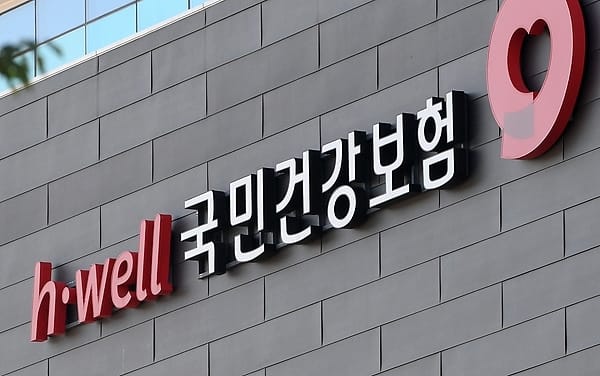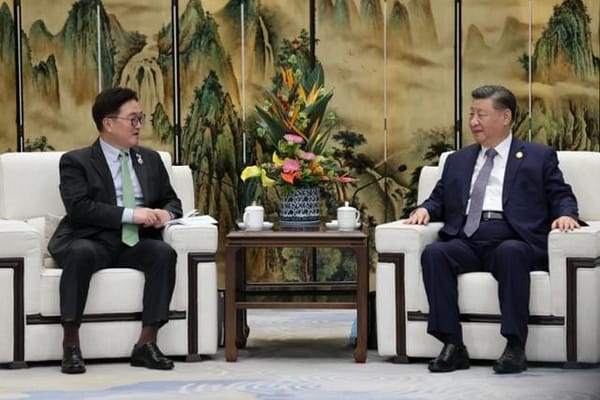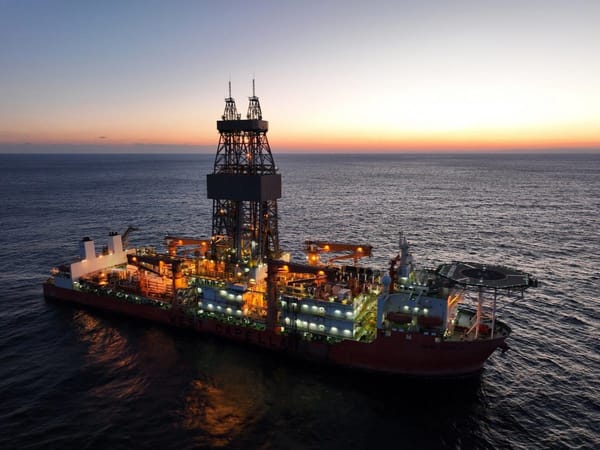Image: Proposed route for the new Dalbit Railway. Credit: Public domain.
On January 25, the National Assembly 국회 passed the Dalbit Railway Special Act 달빛철도 특별법, significantly simplifying the approval process for a new railway connecting the two cities. The law is a rare display of bipartisanship in South Korea’s polarized politics, as the mayors of arch-conservative Daegu and ultra-liberal Gwangju jointly celebrated the connection of the two southern cities.
The new railway would be a step toward balanced development. Reflecting the degree to which South Korea’s development is abnormally concentrated around Seoul, there had previously been no rail link between Gwangju and Daegu, two of South Korea’s largest southern cities. Only a single highway, the Gwangju-Daegu Expressway 광주대구고속도로, serves as the sole high-speed connection between the two cities. Before undergoing a major expansion in 2015, the highway was a narrow, two-lane road whose poor upkeep made it one of South Korea’s deadliest routes.
At present, any Gwangju resident wanting to travel to Daegu via rail (or vice versa) must travel absurdly far north to Daejeon 대전, then switch onto a southbound train. The Special Act seeks to address this deficiency by exempting the new railroad from the normal budget oversight processes for major government construction projects - a persistent hurdle for infrastructure projects in less-developed areas, which lack enough population to satisfy the government-mandated formula.
Daegu and Gwangju have further plans. Taking the acronym of the cities’ old names - Dalgubeol 달구벌 for Daegu, Bitgoeul 빛고을 for Gwangju - the two cities formed a “Dalbit Alliance 달빛동맹” to push for joint projects, including a bid to host the 2038 Summer Asian Games.








